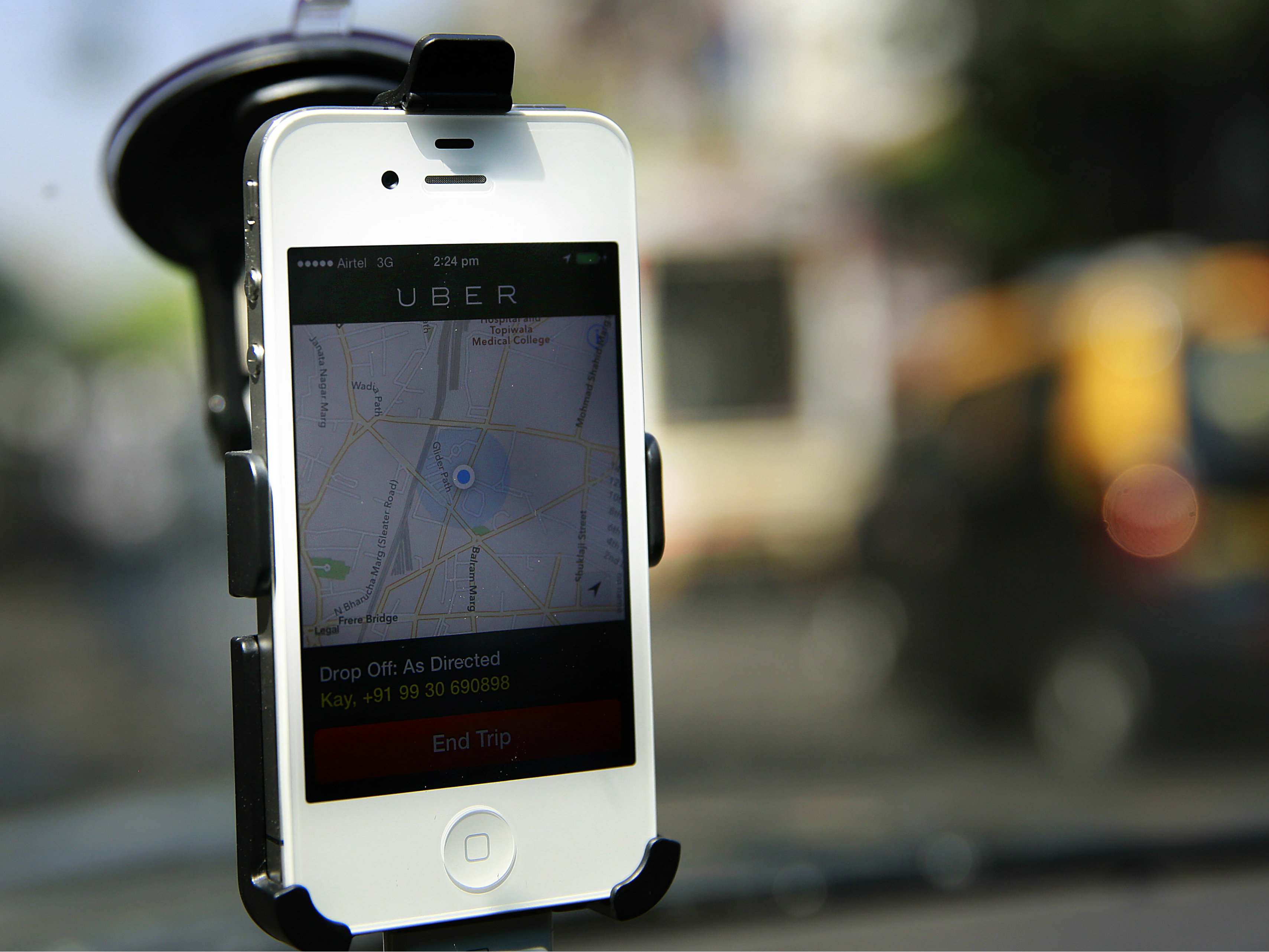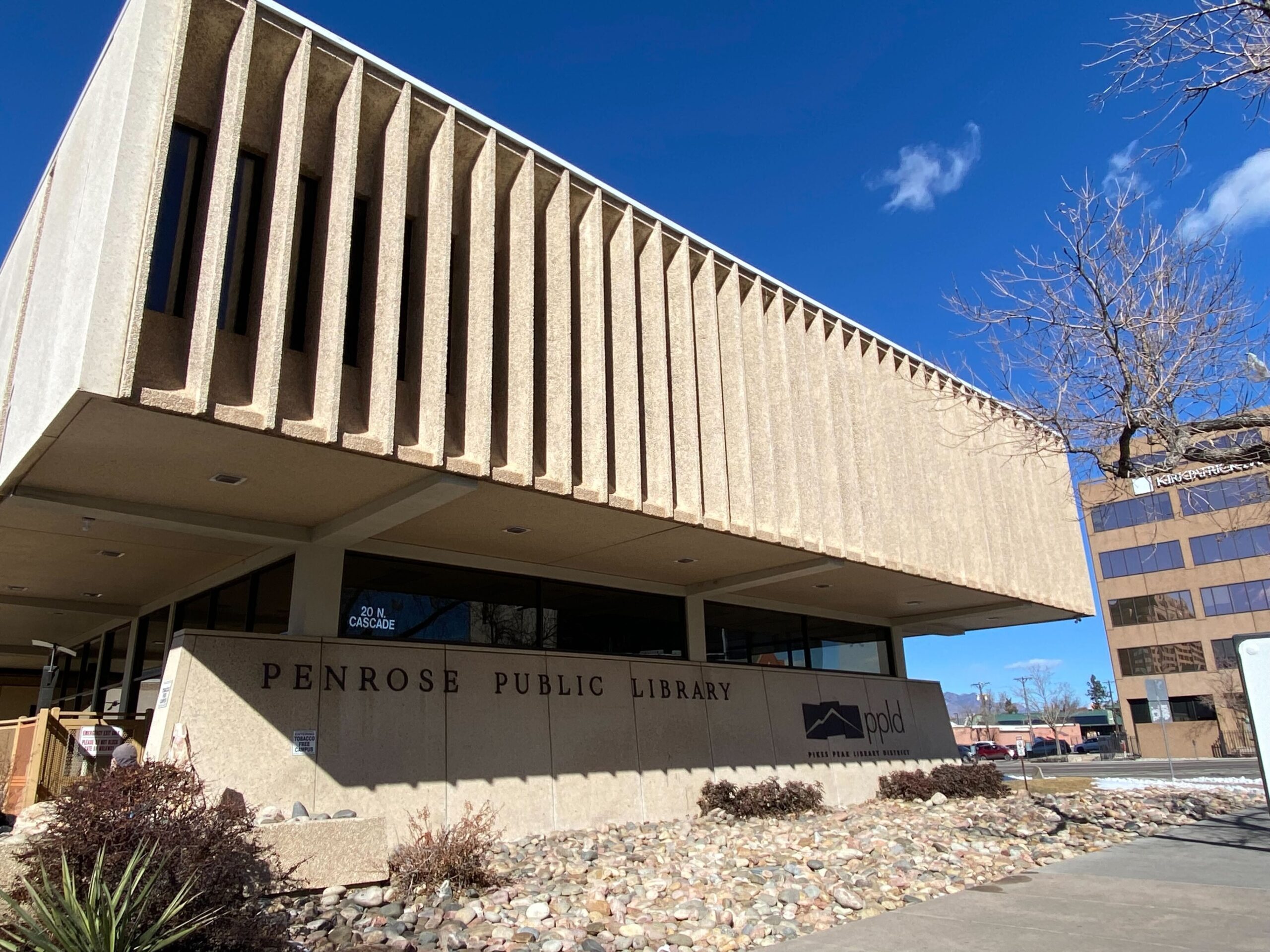
Rideshare services like Uber and Lyft, which have enjoyed near-unregulated status for years, are coming under greater scrutiny in Colorado.
The Public Utilities Commission and the ride-sharing companies meet Wednesday to hash out new safety standards. They’re looking to limit driver hours on the road and ensure proper vehicle inspections.
Uber and Lyft use smartphone apps to connect drivers and people looking for rides. The system attracted Liya Tesfaye and her husband. They wanted to earn some extra cash, so they signed up for Uber. They had their minivan checked by a mechanic and went through Uber’s background check.
Tesfaye will log into the app on her phone to connect with people looking for a ride. She said she only does this when she has free time.
“I don’t work more, because I already have an eight-hour job,” said Tesfaye, who has a full-time job with the U.S. Post Office.
How to regulate?
How many hours a driver has worked in a day highlights one of the biggest, unresolved safety issues facing rideshares.
“How are we going to know when these Uber and Lyft drivers are driving beyond the time that they should be driving?” said Doug Dean, executive director of the Public Utilities Commission.
Last year, lawmakers instructed the PUC to craft safety regulations for companies like Uber and Lyft. Temporary rules are in effect, like requiring driver health exams and car inspections, but a year later, they're still debating the permanent rules. Dean said some issues are trickier than they anticipated.
“It is a new animal,” said Dean. “We’ve just got to figure out exactly the best way we can regulate them in accordance with the law, that provides the public with the safety that they would expect.”
Like driver hours: What’s to stop a driver who’s worked all day with Uber from then logging into Lyft and driving all night? Dean said with taxis, driver records are open and can be audited, but with Uber drivers, “the company doesn’t want to give us access to their system, which shows how long they’ve been driving.”
There’s also the problem of safety inspections. When it comes to taxis, Dean said he can send PUC inspectors to a company’s garage and check on a bunch of cars at once. But Uber doesn’t have a garage.
“Part of the problem in doing the safety inspections that we’re finding though, is ... where do we find these guys to actually do the inspections?” said Dean.
That might explain why the PUC only handed out eight violations to Uber drivers since September. For context, Uber said it has thousands of drivers in Colorado.
Uber defends business model
Those drivers can come to Uber’s shiny new, dot com-like offices in Denver to make sure they’re in compliance with the temporary rules. Uber employees sit behind laptops and advise drivers on things like where to get their newly-required health exams.
“We, of course, will provide for those safety provisions that are so important, whether they be, the driver, the background check, or the vehicle, but it’s a different business model,” said Will McCollum, general manager of Uber in Denver. McCollum argues Uber is just a technology company, connecting drivers with people who need rides.

He acknowledges drivers should get a rest between long shifts, but he declined to say how that should be tracked. McCollum said Uber drivers must get their cars inspected once a year by a certified mechanic, but he questioned the need for the PUC to conduct mass inspections.
He said the runaway success of Uber, which started in San Francisco, is evidence of the need for a light regulatory touch.
“That’s the lynchpin here, right? If these rides weren’t reliable, if they weren’t safe, if they weren’t affordable, how on earth could Uber be launching a market all over the world, every other day?” said McCollum.
Rules are spotty, so far
CPR News reviewed customer complaints filed against Uber at the PUC. There were only five open to review. Two of the complaints focused on surge pricing, for instance a $400 trip from Denver to Parker. During peak times prices can be more than four times normal.
But lawmakers did not give the PUC the authority to regulate rates, so the complaints were dropped. That irks Robert McBride, who runs Metro Taxi in Denver. He believes Uber and Lyft shouldn’t be treated any differently from his taxi company by politicians and regulators.
“They love it. It’s like the latest thing and the greatest coolest thing going on,” said McBride. “And they think it’s all about technology. But reality is, they’re a transportation company just like I am. There’s no difference.”
There’s talk that a state bill could be introduced this legislative session to add more regulations, like strengthening background checks for drivers. Even though it’s just talk, Uber is preparing for a fight. The company has hired eight lobbyists to protect their interests.









